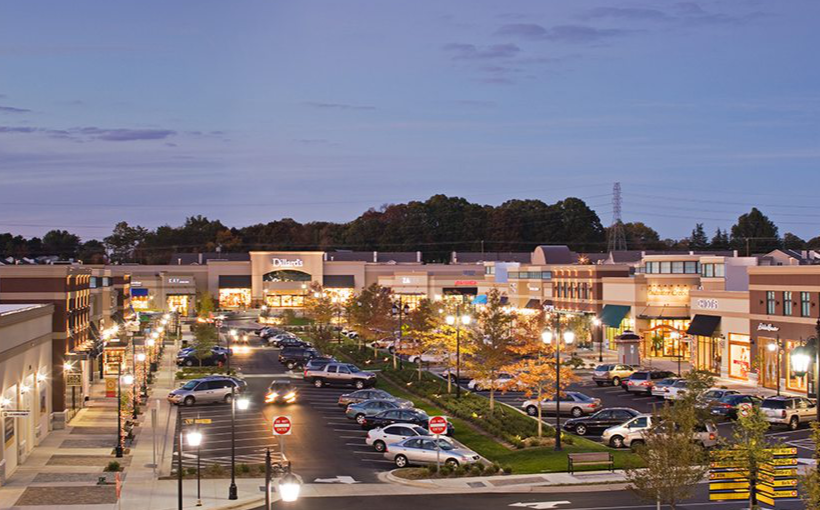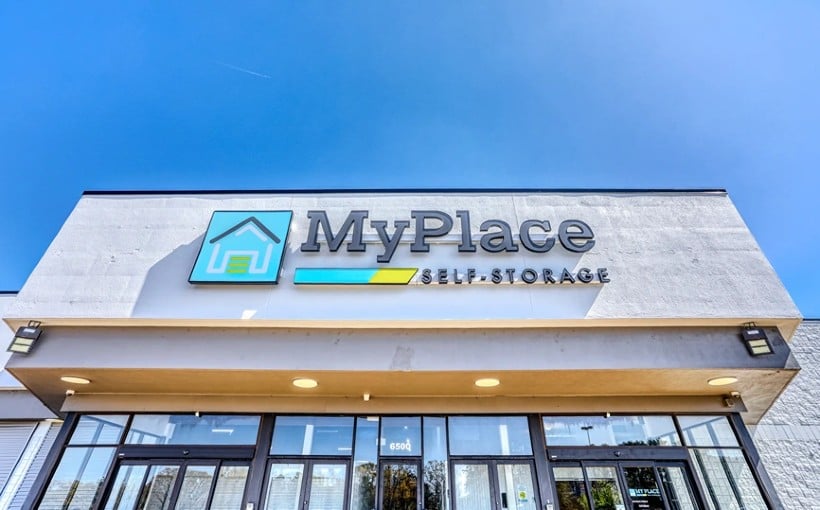The trend towards sustainability and resilience is not new in most global cities. This is driven by various factors such as environmental changes, social shifts, and technological advancements. ThoughtLab took this concept a step further by conducting a comprehensive study of 250 cities worldwide to determine the key attributes that make up a “future-ready” metropolis.
Their findings were published in the report “From Future Vision to Urban Reality,” which focused on cities of varying locations, economic development levels, and population sizes. Through their research partners’ collaboration, ThoughtLab identified the qualifications that support future-ready cities:
1) Progress in safety, security and resilience: Nearly three-quarters of studied cities reported significant progress compared to only 17% of non-future-ready ones.
2) Improvements in environment and sustainability: These include citizen health, living standards,and trust.
3) Upgrades in transportation and urban infrastructure: After years of neglecting these areas,future-ready cities are now investing heavily to improve them.
The study also highlighted some examples of future-ready cities from different regions:
– North America : Boston , Chicago , San Francisco , Seattle , Toronto
– Latin America : Buenos Aires , Caracas , Quito,Rosario,Salvador
– Europe : Edinburgh,Helsinki,Lyon,Madrid,V ienna
– Middle East & Africa : Ankara,Doha,Kampala,Rabat,Tehran
– Asia Pacific : Beijing,G uangzhou,Melbourne,Taipei,Tokyo
Accordingly,the study found that future ready-cities have three distinct characteristics comparedto others:
1) Innovative operating models: These models focus on improving governance,citizen engagement,and supporting forward-looking plans.They prioritize healthy living,inclusivity,and creative useof digital technologies.
2) Continuous innovation: Future ready-cities adopt comprehensive approaches covering areas like sustainability,mobility,safety,resilience,and citizen well-being.They also investin green energy,smart infrastructure,and public transportation improvements.
3) Reliance on AI and other technologies: Future ready-cities heavily rely on technology to drive urban transformation.They invest in digital initiatives while leveraging advanced technologies such as AI,automation,cloud infrastructure,and the Internet of Things (IoT).
Lou Celi,the CEO of ThoughtLab,stated in a press release that “cities today face significant challenges as they strive to become future-ready. The goal of this study is to provide city leadership with a data-driven blueprint for meeting their citizens’ changing expectations and behaviors. It also offers benchmarking insights to help them assess their progress towards becoming future-ready.”




